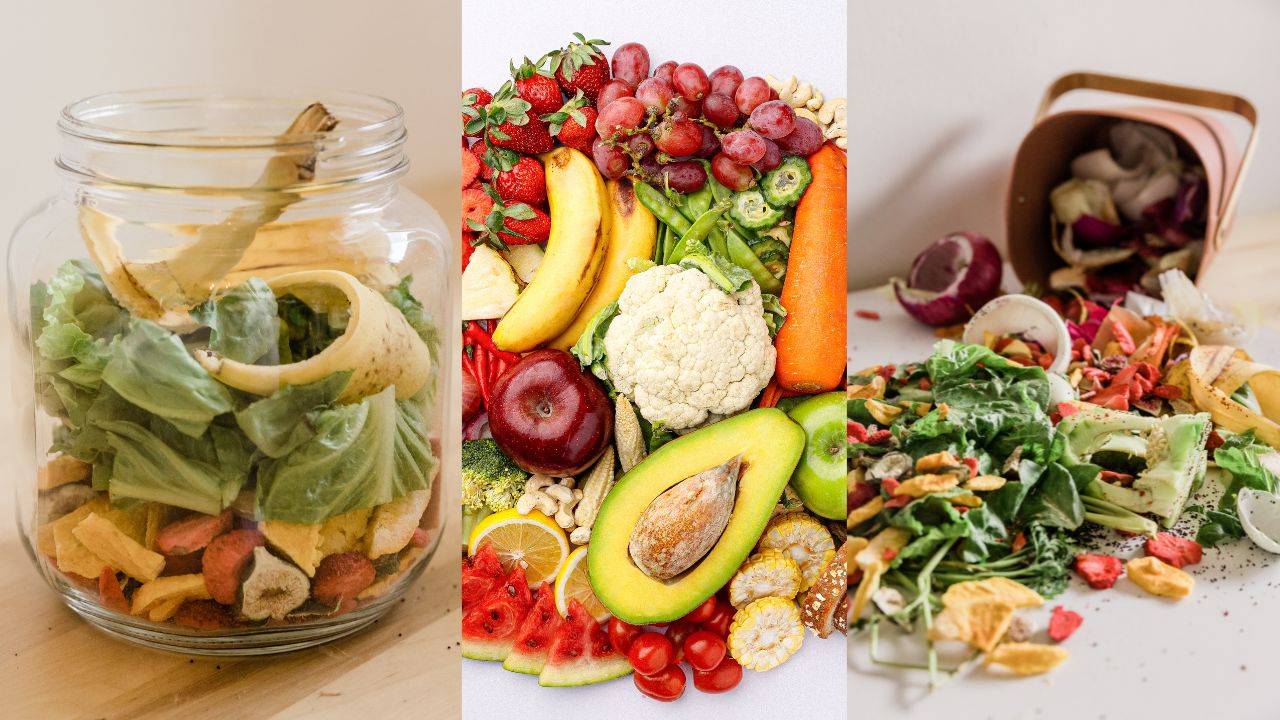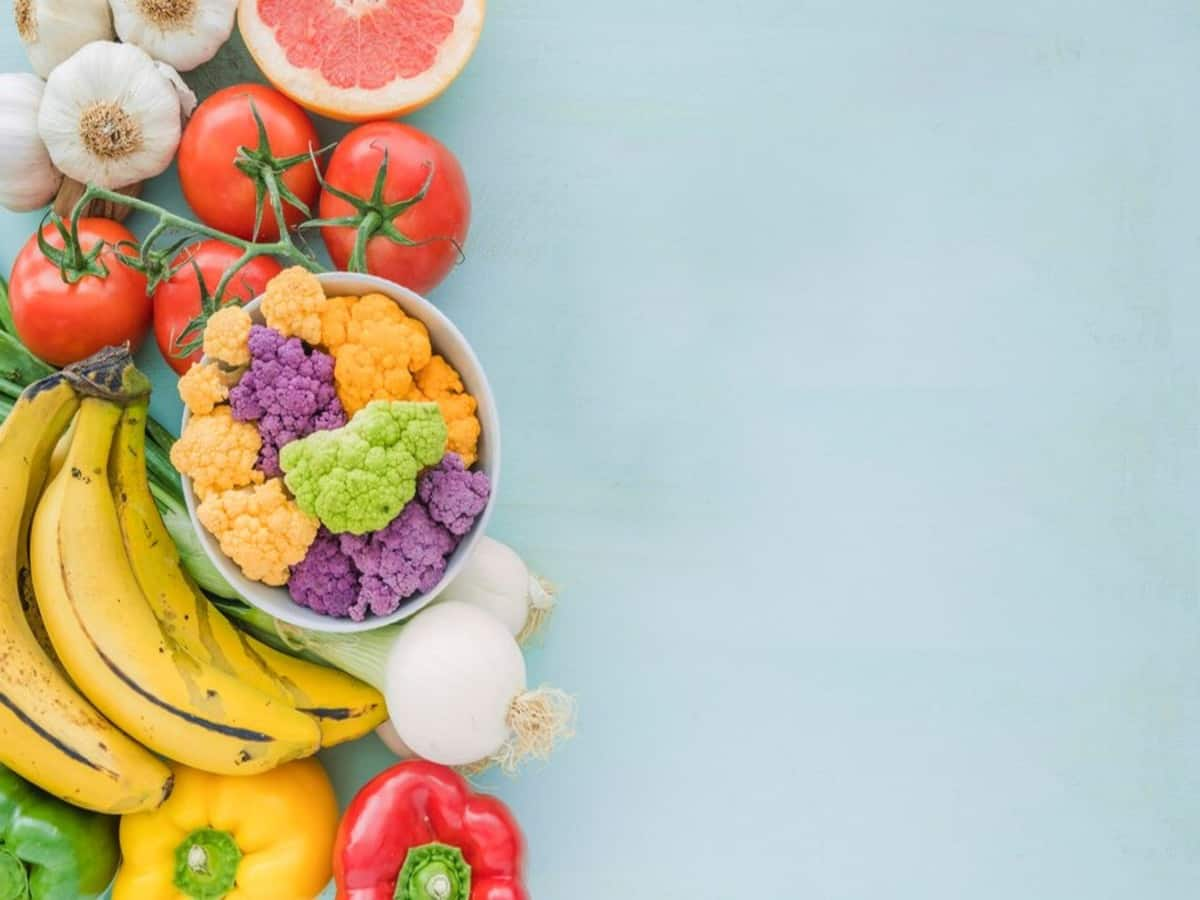-
Home -
Health & Lifestyle
Fruit and vegetable peels offer health and nutritional perks by boosting your diet with added fibre, vitamins, and antioxidants.

The question of whether fruit and vegetable peels are safe to eat has gained considerable attention in the realm of culinary exploration and sustainable eating practices.
Traditionally, peels were discarded due to concerns about pesticide residue and potential digestive issues. However, recent studies have shed light on the nutritional value and safety of consuming these often-overlooked parts of fruits and vegetables.
This article delves into the benefits and safety considerations of incorporating peels into your diet.
Nutritional Value of Peels
Fruit and vegetable peels are packed with an array of nutrients that can contribute significantly to your overall health. They are rich in dietary fibre, which aids digestion, regulates blood sugar levels, and promotes a feeling of fullness.
Additionally, peels contain vitamins and minerals like vitamin C, vitamin A, potassium, and antioxidants that play crucial roles in immune function, skin health, and disease prevention.
For instance, apple peels are a good source of quercetin, a potent antioxidant that may help reduce inflammation and lower the risk of chronic diseases.
Similarly, citrus peels contain higher concentrations of vitamin C and fibre than the inner flesh, making them a valuable addition to your diet. Potato skins are rich in fibre and vitamin B6, which are essential for brain health and metabolism.
Safety Concerns
-
Organic vs. Conventional- When considering whether to consume peels, the source of the produce matters. Organic fruits and vegetables are generally a safer option since they are grown without synthetic pesticides. If you opt for conventionally grown produce, thorough washing and scrubbing can help remove surface residues and contaminants.
-
Pesticide Residue- Pesticide residue is a concern for many individuals contemplating eating peels. Peeling can reduce exposure to pesticides, but it also removes a significant portion of nutrients. To minimize pesticide consumption, choose organic options whenever possible or consult the Environmental Working Group’s annual “Dirty Dozen” list, which highlights the most pesticide-contaminated produce.
-
Allergies and Sensitivities- Some individuals may experience allergies or sensitivities to specific fruit and vegetable peels. If you have a history of allergies, it’s advisable to introduce small amounts of peel into your diet and monitor your body’s reaction.
-
Digestive Sensitivity- While the fibre in peels is beneficial for most people, some individuals with sensitive stomachs or digestive conditions like irritable bowel syndrome (IBS) may find that consuming peels augment symptoms. In such cases, moderation is key, and gradual incorporation into the diet may be more suitable.
-
Washing and Preparation- Thoroughly washing fruits and vegetables under running water and using a scrub brush can help remove dirt, bacteria, and contaminants from the surface. This practice is essential, regardless of whether you plan to eat the peel.
Incorporating Peels into Your Diet
If you’re considering including peels in your diet, start slowly to gauge your body’s response. Here are a few tips to help you incorporate peels effectively: –
-
Smoothies- Blend fruits like apples, pears, and peaches with their peels into delicious and nutrient-rich smoothies.
-
Roasting- Roasting vegetables like potatoes, carrots, and beets with their skins on them can enhance flavours and retain valuable nutrients.
-
Snacks- Baked fruit chips made from thinly sliced peels can be a tasty and nutritious snack option.
-
Zest- Citrus peels can be used to add natural flavour to dishes and baked goods through zesting.
-
Salads- Washed and finely sliced peels can provide an extra crunch and nutritional boost to your salads.
As the conversation around sustainable eating practices continues to evolve, exploring the safety and benefits of consuming fruit and vegetable peels has become increasingly relevant. While there are safety considerations to bear in mind, the nutritional value they offer makes them a valuable addition to a balanced diet. By opting for organic produce when possible, practicing thorough washing, and monitoring your body’s response, you can tap into the goodness that peels have to offer. Whether blended, baked, or incorporated into various dishes, these nutrient-packed peels might just become your new favourite culinary secret.
First published on: 28 Aug 2023, 10:05 IST
Take a quiz
Show your support to Agri-Journalism
Dear patron, thank you for being our reader. Readers like you are an inspiration for us to move Agri Journalism forward. We need your support to keep delivering quality Agri Journalism and reach the farmers and people in every corner of rural India.
Every contribution is valuable for our future.
Contribute now




































